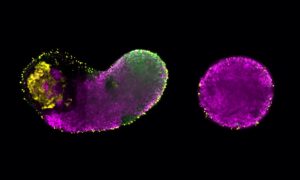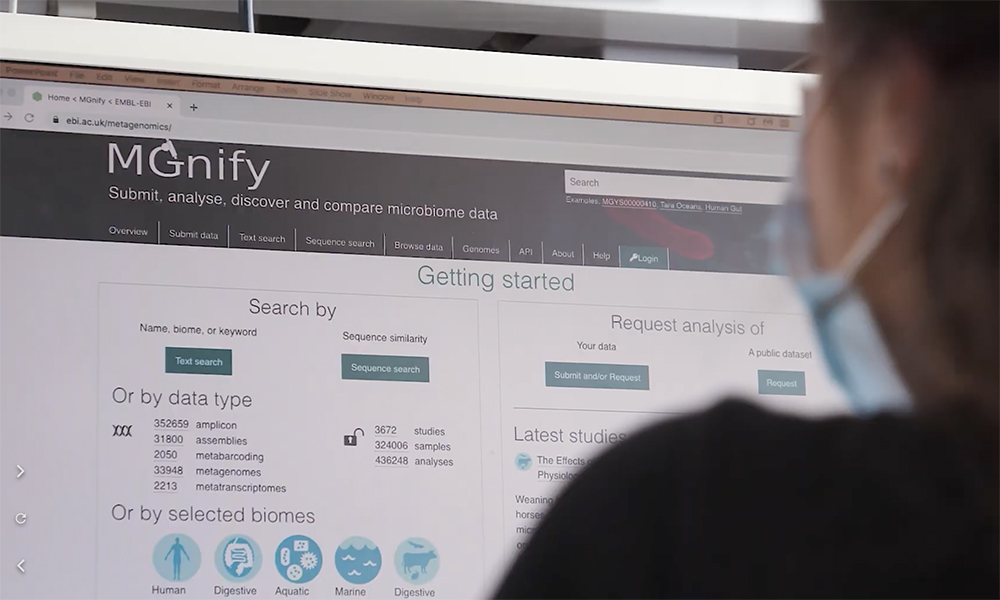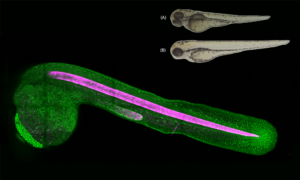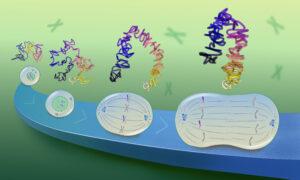
Novel enzymes for a Green Economy
Plastic waste and synthetic pollutants are significant environmental challenges for which there is no single solution. However, nature has an ace up its sleeve that scientists are tapping into: enzymes.

Researchers at University of Cambridge are using EMBL-EBI’s MGnify database to identify novel enzymes with useful properties that could help degrade plastic, detoxify pesticides and more. “Enzymes are nature’s biocatalysts,” explains Florian Hollfelder, Group Leader at the University of Cambridge. “They are extremely efficient so if we could harness their power, we could replace industrial processes with enzymes.”
MGnify is the largest and most comprehensive open database in the world for microbiome data. The microbiome is the combined genetic material of all the organisms contained within a sample, for example soil, marine water, the human gut etc.
When researchers identify a promising enzyme using experimental methods, they can then search MGnify for hundreds of enzymes with a similar function, but more suitable or stable properties.
There are many applications where enzymes can speed up chemical reactions, for example when making food products, degrading plastic in the environment or detoxifying nerve gases, pesticides or other harmful chemicals. This would allow us to substitute everything that now happens in factories with green reagents – non-toxic, biological enzymes – which are efficient and can replace the current economy with a Green Economy.


